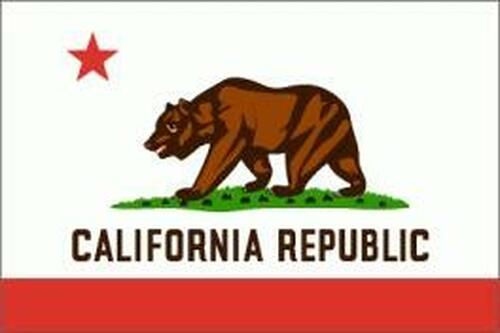
“Democracy is on the ballot.”
That mantra of President Joe Biden and other Democrats has suggested that “this may be our last election” if the Republicans win in 2024. A few of us have noted that the Democrats seem more keen on claiming the mantle of the defenders of democracy than actually practicing it. Democrats have sought to disqualify Donald Trump and dozens of Republicans from ballots; block third party candidates, censor and blacklist of those with opposing views; and weaponize the legal system against their opponents.
Most recently, in California, democracy is truly on the ballot and the Democrats are on the wrong side.
California has always prided itself on the ability of citizens to vote on changes in the law directly through referenda and ballot measures. That is precisely what citizens are attempting to do with a measure that would require voter approval of any tax increase, including a two-thirds vote for some local taxes. It is called the Taxpayer Protection Act and it is a duly qualified statewide ballot measure slated for the November 2024 ballot.
The state Democrats are apoplectic over the prospect of citizen control over revenue and taxes. What was a quaint element of democratic empowerment is now challenging a core vehicle of Democratic power. So Gov. Gavin Newsom and other Democratic leaders have taken the issue to the state Supreme Court to demand that citizens be denied the right to decide the issue.
In oral arguments, the attorney supporting the challenge explained to the justices that citizens are simply not equipped to deal with the complexities of taxation and should not be allowed to render such a decision.
In a prior decision, Associate Justice Mariano-Florentino Cuéllar wrote that:
“Whether the context involves taxation or not, all of these cases underscore how courts preserve and liberally construe the public’s statewide and local initiative power. Indeed, we resolve doubts about the scope of the initiative power in its favor whenever possible and we narrowly construe provisions that would burden or limit the exercise of that power.”
Half of the Court seemed to be inclined to deny the public the right to decide the question.
The Court, however, may wait until after the election to render a decision on the limits of democracy in California.
“Democracy is on the ballot.”
That mantra of President Joe Biden and other Democrats has suggested that “this may be our last election” if the Republicans win in 2024. A few of us have noted that the Democrats seem more keen on claiming the mantle of the defenders of democracy than actually practicing it. Democrats have sought to disqualify Donald Trump and dozens of Republicans from ballots; block third party candidates, censor and blacklist of those with opposing views; and weaponize the legal system against their opponents.
Most recently, in California, democracy is truly on the ballot and the Democrats are on the wrong side.
California has always prided itself on the ability of citizens to vote on changes in the law directly through referenda and ballot measures. That is precisely what citizens are attempting to do with a measure that would require voter approval of any tax increase, including a two-thirds vote for some local taxes. It is called the Taxpayer Protection Act and it is a duly qualified statewide ballot measure slated for the November 2024 ballot.
The state Democrats are apoplectic over the prospect of citizen control over revenue and taxes. What was a quaint element of democratic empowerment is now challenging a core vehicle of Democratic power. So Gov. Gavin Newsom and other Democratic leaders have taken the issue to the state Supreme Court to demand that citizens be denied the right to decide the issue.
In oral arguments, the attorney supporting the challenge explained to the justices that citizens are simply not equipped to deal with the complexities of taxation and should not be allowed to render such a decision.
In a prior decision, Associate Justice Mariano-Florentino Cuéllar wrote that:
“Whether the context involves taxation or not, all of these cases underscore how courts preserve and liberally construe the public’s statewide and local initiative power. Indeed, we resolve doubts about the scope of the initiative power in its favor whenever possible and we narrowly construe provisions that would burden or limit the exercise of that power.”
Half of the Court seemed to be inclined to deny the public the right to decide the question.
The Court, however, may wait until after the election to render a decision on the limits of democracy in California.
Loading…





